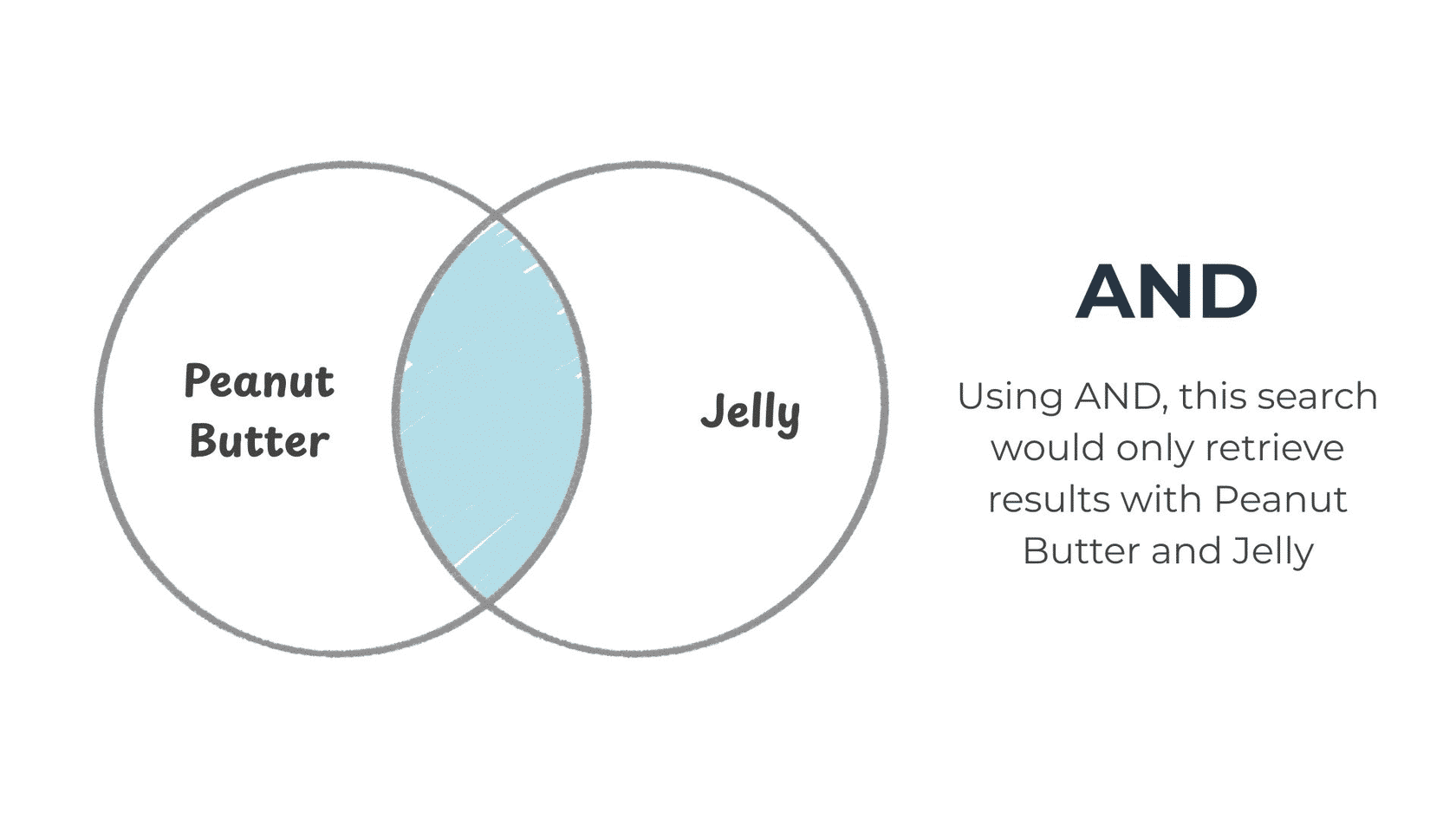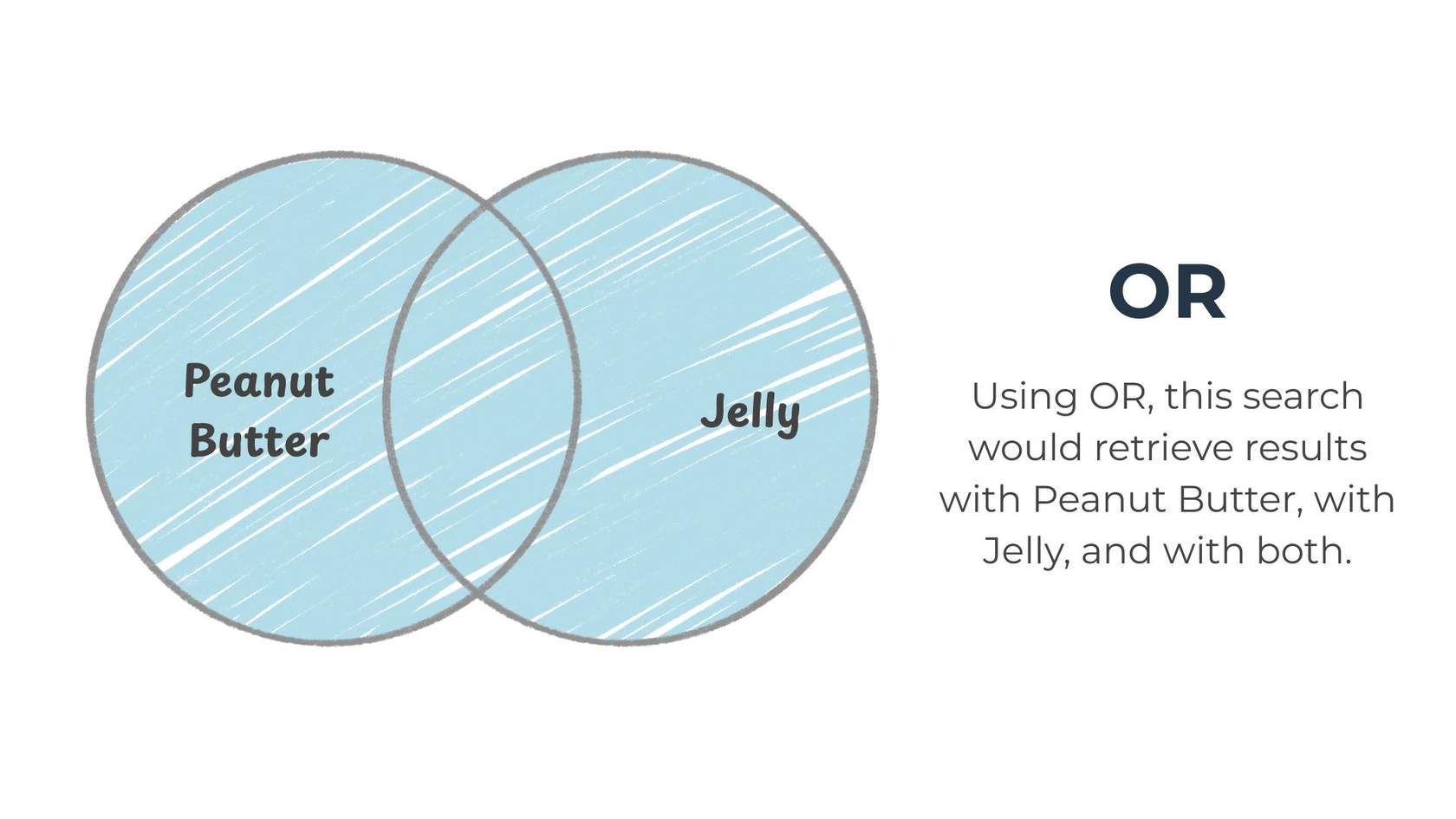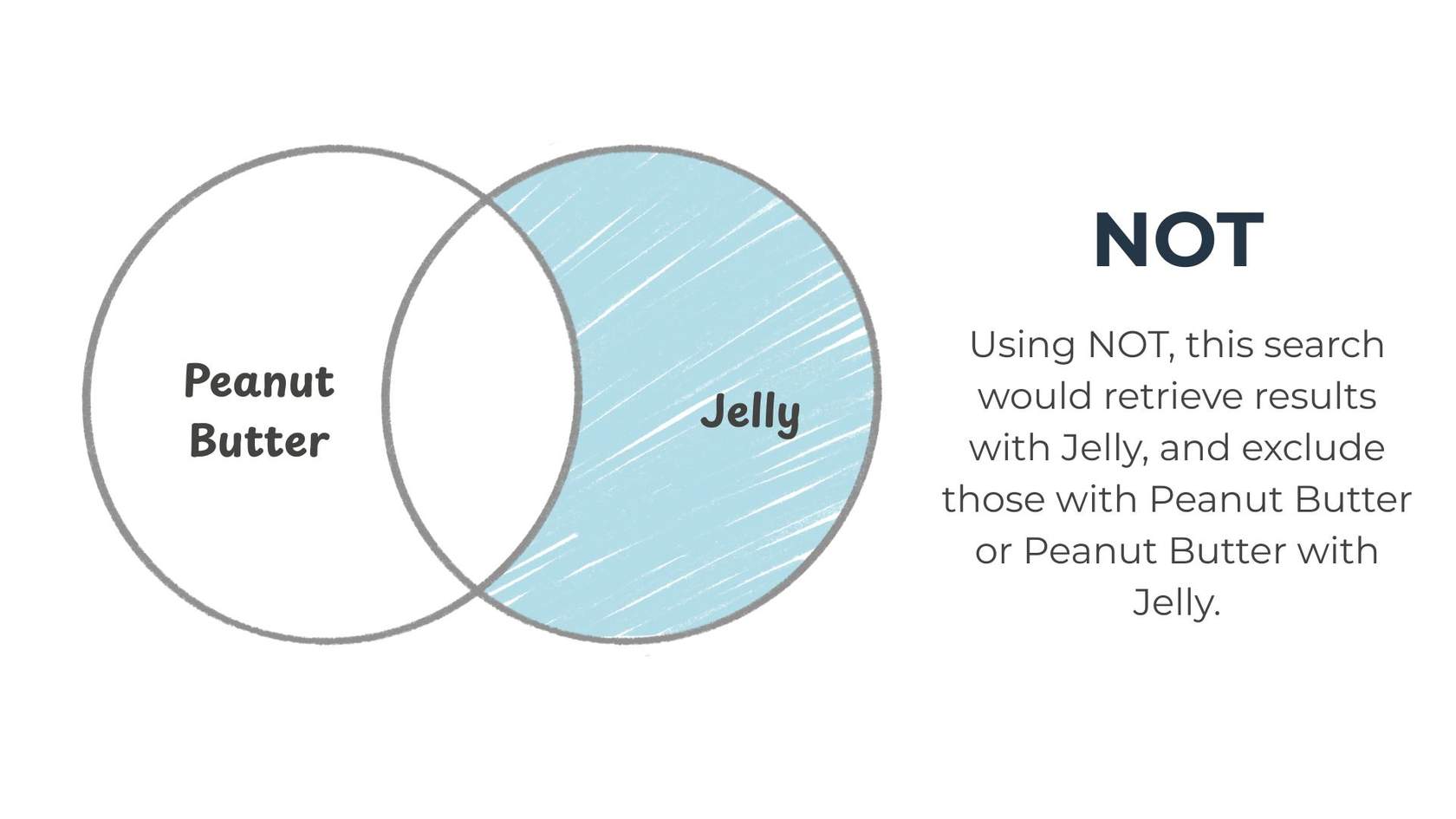Consider revising your search strategy! Are you using Google or another generic search engine to find information? Browse the databases the library offers access to instead. They’re designed for academic research and often provide more reliable, peer-reviewed sources.
Depending on your topic, other databases might be a better fit. For example:
After considering alternative databases to use, make sure you have a search string that actually reflects your research topic. Pretend you're wanting to research opioid risk among the LGBTQ+ community. What are words or phrases you can use to describe this topic? Asking this question is key - articles often use different terms to talk about the same thing. That can happen for a few reasons:
Authors have their own writing style
Some terms become outdated or get replaced
Newer terms might not be standardized yet
Different countries might use different names for the same thing
In the table on the left, synonyms for LGBTQ+ have already been filled in. Can you think of more? In the table on the right, synonyms for opioids is filled in. Are there any missing?| LGBTQ+ | Opioids |
| Lesbian | Oxycodone |
| Gay | Oxycotin |
| Bisexual | Hydrocodone |
| Transgender | Vicodin |
| Nonbinary | Morphine |
| Queer | Methadone |
|
"Sexual and Gender Minorities"[Mesh] |
"Analgesics, Opioid"[Mesh] |
| LGBTQ+ | Opioids |
| Lesbian | |
| Gay | |
| Bisexual | |
| Transgender | |
| Nonbinary | |
| Queer | |
|
"Sexual and Gender Minorities"[Mesh] |
After brainstorming a few other key terms, the next step is to assemble the search string and use it in a database. When searching in a database, use the connecting words AND, OR, and NOT. These connecting words are referred to as Boolean Operators and combine key terms in a way that makes sense to databases. (Yes, capitalization matters! Make sure to use all caps when entering AND, OR, and NOT).
When you combine search terms with AND, this narrows the search results by forcing the database to look for the connected terms.
In this case, if you search Peanut Butter AND Jelly you would get results that included both terms!

When you combine search terms with an OR, this will expand the search by forcing the database to look for all the connected terms.
In this case, if you searched Peanut Butter OR Jelly, you would get results that include either Peanut Butter, Jelly, or both.

When you combine search terms with NOT, this narrows the search by excluding terms from the results.
In this case, if you searched Jelly NOT Peanut Butter, you would only get results where Jelly is mentioned without Peanut Butter—any results that mention both would be excluded.
Note: Be careful when using NOT because you can accidentally exclude relevant results.

In addition to finding synonyms and using boolean operators, here are a few extra tips and tricks to make things easier and help you get better results.
"Quotation Marks": Use quotation marks around a word or phrase to get specific results. This tells the database to look for that exact phrase, just the way you typed it.
Filtering: Just like online shopping, most databases have built-in filters to help you narrow things down. You can usually filter by date, language, age group, article type, location, and more.
Citations: Research builds on other research, so most articles include a list of citations at the end. You can use those to find more related articles that might be useful. Another cool trick: check out who’s citing the article you’re reading. Some databases even show that info right in the search results. It’s a great way to uncover stuff you might’ve missed the first time around.
Related Documents: Check out other related documents suggested by the database. Databases use algorithms to show you more relevant results, and they’ll usually have a link to those. It’s like browsing books on the shelf at the library or getting suggested products while shopping online.
